Denemek ALTIN - Özgür
DIRTY MINDS
The New Yorker
|March 31, 2025
It’s those other people who have been brainwashed, right?
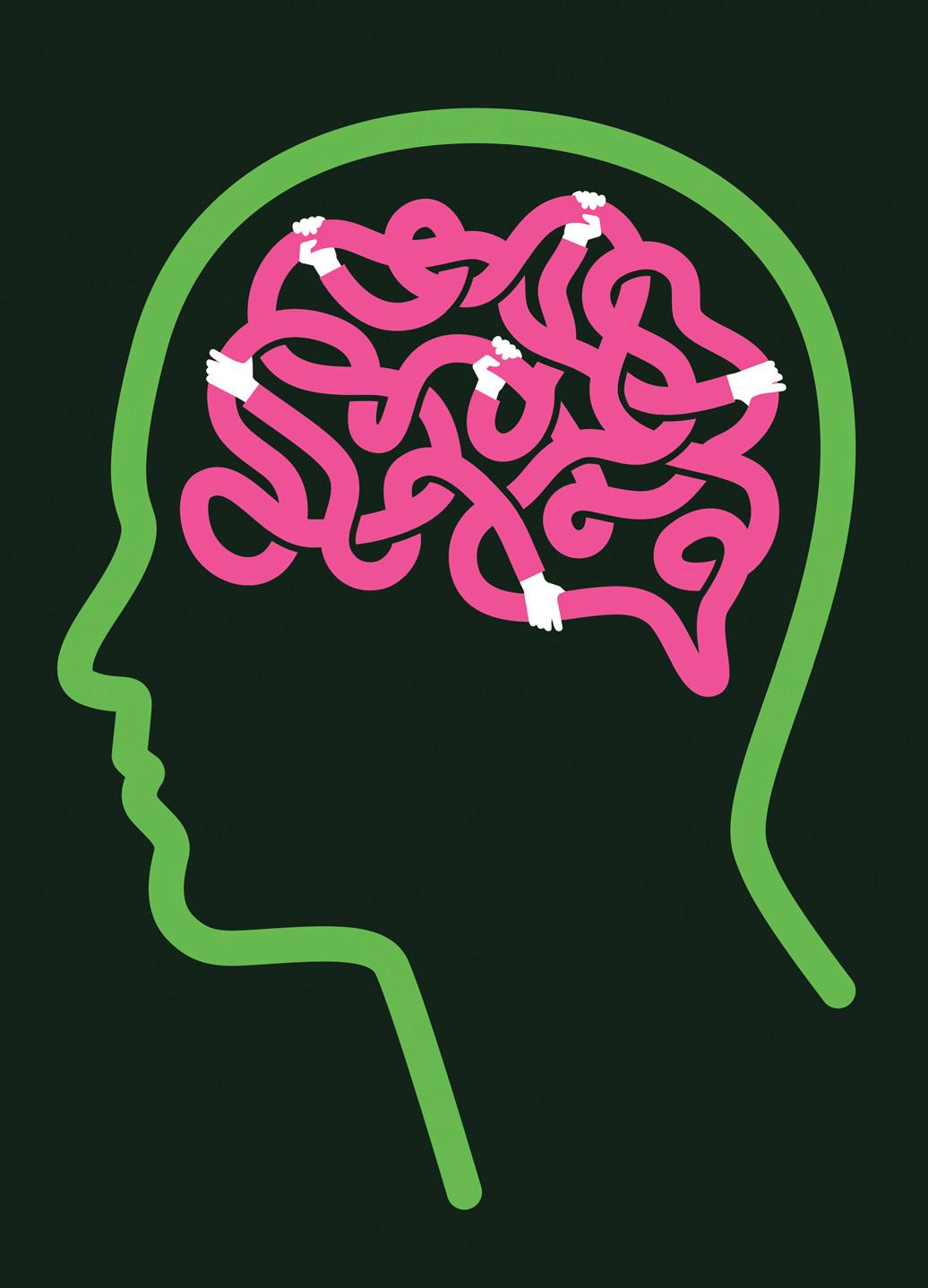
Talk of brainwashing casts those with “deplorable" beliefs not as agents but as victims, perhaps in need of treatment.
It wasn't so long ago that respectable psychologists didn’t really talk about “brainwashing.” The term had the slightly kitschy flavor of other Cold War embarrassments—C.I.A. spy cats and Reds-under-the-bed paranoia. But Google’s indispensable Ngram Viewer, which analyzes how frequently phrases appear in printed texts, confirms that the past two decades have seen an uptick in the word’s usage. What's bringing brainwashing back?
One potential answer is the rise of technologies suspected of having mind-controlling powers, chief among them social media. Another is the entrenched political polarization of our time. When the cousin you kicked a soccer ball around with as a child starts spouting unhinged certainties about viruses, vaccines, and climate change—beliefs he treats as beyond debate—you might wonder: What happened to him? This isn’t just an ordinary disagreement. Could he have been . . . brainwashed?
Don't get smug; he’s wondering the same thing about you. A few years ago, Psychology Today posted a checklist under the headline “Your Friend Might Be Politically Brainwashed If...” The last item on the list: “They assume that everyone who disagrees with them must be brainwashed.” So wait—does entertaining the possibility of having been brainwashed mean that you haven't been? Or is that too easy?
Several recent books have taken up the subject of brainwashing—among them Daniel Pick’s “Brainwashed: A New History of Thought Control” (Profile), Joel E. Dimsdale’s “Dark Persuasion: A History of Brainwashing from Pavlov to Social Media” (Yale), and Andreas Killen’s “Nervous Systems: Brain Science in the Early Cold War” (Harper-Collins). They share a scholarly squeamishness about the word they are forced to use for their subject matter. “Yes, the term
Bu hikaye The New Yorker dergisinin March 31, 2025 baskısından alınmıştır.
Binlerce özenle seçilmiş premium hikayeye ve 9.000'den fazla dergi ve gazeteye erişmek için Magzter GOLD'a abone olun.
Zaten abone misiniz? Oturum aç
The New Yorker'den DAHA FAZLA HİKAYE
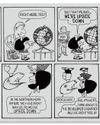
The New Yorker
THE MAGIC OF “MAFALDA”
How an Argentinean comic strip became an international phenomenon.
11 mins
July 07 - 14, 2025 (Double Issue)
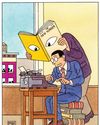
The New Yorker
BY THE BOOK
What we learn from reading the fiction touted in our début issue.
13 mins
July 07 - 14, 2025 (Double Issue)
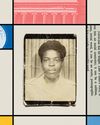
The New Yorker
THE STORY PART
Student days and a search for community.
19 mins
July 07 - 14, 2025 (Double Issue)

The New Yorker
THE SILENCE
A great silence opened up inside her. But that made it sound more dramatic than it was. It happened by degrees, creeping up slyly. And at times, in certain places and situations, it was expected and welcome—on a long walk, or when a person confessed something pitiful, or at a funeral or a party. In all those places, where once she'd had a lot to say—too much, honestly—now there was this silence and she became a far better listener. Not consciously, that was just one of the consequences. It wasn't a Zen silence or an enlightened silence or anything she'd worked to achieve. It was only a sort of blank. Once, on a mini-break, she'd spotted a sentence graffitied on a bridge in Paris: “The world is everything that is the case.” (It was written in English and stuck in her mind.) The silence felt like that: it spoke for itself. But it could also offend and disappoint others, the same way the world itself never seems enough for some people. It was no use on big family occasions, for example, or when one of her adult daughters called her name from another room, or if someone at work asked for her view on the news of the day. It could make other people feel awkward. But when she was alone with it, whenever it coincided with her own long-standing habit of looking upward into the branches of trees—then it didn't really bother her at all.
23 mins
July 07 - 14, 2025 (Double Issue)

The New Yorker
THE COMEDIAN
My father worked nights as the desk attendant at a cheap hotel downtown. It was a thankless job behind bulletproof glass, which was all he had to shield him from demented drunks and screeching prostitutes, from seven in the evening until four in the morning, the poor man.
24 mins
July 07 - 14, 2025 (Double Issue)

The New Yorker
IS IT THE PHONES?
The tantalizing power of the theory that screens are harming teens.
13 mins
July 07 - 14, 2025 (Double Issue)

The New Yorker
THE END OF THE ESSAY
What comes after A.I. has destroyed college writing?
25 mins
July 07 - 14, 2025 (Double Issue)

The New Yorker
EASY MUSIC
How Elmore Leonard perfected his style.
23 mins
July 07 - 14, 2025 (Double Issue)
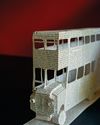
The New Yorker
JUBILEE
A wooden ruler with the etched faces of Henry VIII's six wives running down the middle; ticket stubs from Hampton Court and the Chamber of Horrors, where we walked ahead of our mothers, hand in hand; a few wrappers of Dairy Milk.
34 mins
July 07 - 14, 2025 (Double Issue)
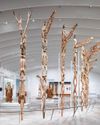
The New Yorker
PRIDE AND PROVENANCE
The Met's new Rockefeller Wing daxxles—and whispers, “Finders, keepers.”
6 mins
July 07 - 14, 2025 (Double Issue)
